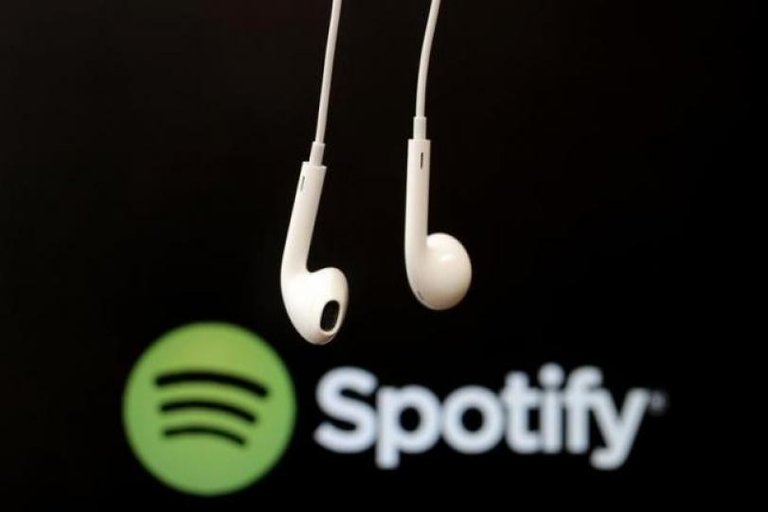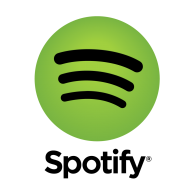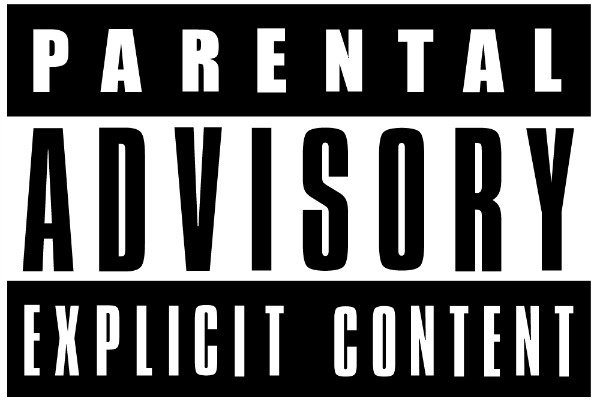How the market solved a problem the state could not.
Most people are incapable of seeing even the most obvious instances in which centralized authority, in an attempt to uphold unnecessary rules, interferes with the market. This is a perfect lesson for both the market place as a whole, and for individuals. A lesson of how being bitter at change, never solves any problems.

Free data.... free data everywhere
The onset of the internet age brought with it a great many changes. The network has changed entire industries so drastically it would be hard to compare the change with even the horse drawn wagon to automobile. And like with any change, it came with a fair share of problems and complexities that needed to be figured out.
wainwright: Someone who builds and repairs wagons and carriages
Surly the wainwright was not happy when Henry Ford started mass producing the model T. But just because the wainwright was now losing money, and his career becoming irrelevant, doesn't mean he has been stolen from. Only that he should probably learn how to work on engines instead of wagons.
Today we are taught to view the copying of information as theft, however wrong this may or may not be is not what I am here to discuss right now. I find it would be more effective to focus on the real problem. The problem being that many artists, that were at one time raking in piles of cash for there work, are losing money.
This is not a problem for the marketplace, but a problem for the musicians. However because musicians are a part of the marketplace. The market inevitably helped them out. Just not in the way the fat cats would prefer.
Like in the case of the wainwright, the problem is not that they are being stolen from, but that their industry has changed.
Napster, limewire, bearshare, frostwire, thepiratebay and kickasstorrents.
Now anyone who owned a copy of a song could upload it to the internet and share it with the world. There was no longer a reason to buy a CD. As a matter of fact, there was no longer a reason to ever have to own a whole album at all. Why would you? You can get the same music instantly for free on the comfort of your couch and it doesn't take up any space or create any unnecessary clutter in your home.
Not a bad thing at all.
However it did create a problem.
The artists were losing money.
Like the wainwright, this is not the markets problem, it is the musicians.
In walks Government
Like any other person who feels that their livelihood has been threatened, and that they are being treated unfairly. Panic ensues.
Their solution was not a solution at all. But simply to try and force the market to act in the way they wanted it to.
So as the federal government set out to solve the problem the only way it knows how to. The market laughed in the governments face.
But of course the government won't tell you that. That would invalidate them. So instead they continue to run about forcing people around demanding that this inevitable change in technology was somehow against some arbitrary rules.
The Market laughs
But the market , doing as markets do. Saw the problem not as a problem but as a solution.
And the market said let there be Pandora, and let there be Spotify.
And the market saw that it was good.


No, musicians probably don't make as much money like this. Actually I almost guarantee that they do not. But that is what happens when an industry changes.
It's a simple fact that very few people are willing to pay for hard copies of full albums anymore. And no amount of authoritarian nudging is going to change that.
The reason we are not going to forgo the assembly line in exchange for handcrafted automobiles is the same reason we are not going back to paying for copies of audio files.
It really looks like the music industry isn't making money anymore because The internet is nullifying the record label. Musicians no longer need to sign their life over to a middle man to find them an audience. Now instead of a few famous artists raking in piles of cash, that money has been more distributed by the market due to the fact that artists can now easily distribute their own music and gather followings on places like Myspace and Youtube.
In other words, now we not only can have cheaper music, but we have far more diversity in our options. People are finding great musicians that would never have had a chance otherwise.
The internet is allowing the market to decide what good music is. In the past a label company would decide if they thought the market would like you enough. There really was no in between. Either you were a rich star, or you lived in your car with a guitar.
The government invalidated, again
No more 'parental advisory' labels
No more intellectual property rights
No more radio censorship

It really is nice being able to actually see how illegitimate and unnecessary the governments role in the distribution of sounds has always been.
Its a good feeling watching what I always try to tell people take place. The market never works in favor of the fat cats forever.
The government has lost its grasp on audio. and guess what...
the world hasn't ended.
I get sick of hearing the arguement that pirating "ruined" the music industry. It saved it. There are dozens of bands i would have bever listened to, or seen in concert, if i didnt first pirate their music. A musician can now make a decent living with only a few thousand devote fans. No need to cater to popularity. I think music is better than ever you just have to filter through the garbage.
Great article. I'm doing a "band of the day" post if you're interested in discovering new music.
There is something out there for everyone. There are so many music niches now it is amazing
Exactly! I love scouring the Internet for new music and sharing it.
I'd really respect you're opinion on my posts if you have the time. I won't leave link here out of respect for your post. subscribed!
Oh, great topic! thanx
your welcome
Absolutely spot on ! I don't even want to think back to the days when we had to pay a tenner for a single CD..
Pandora and Spotify pay artists virtually nothing for their services, and still rely on intellectual property, as they are the only legitimate venues for listening to copyrighted music in this distorted economy. Soundcloud was once considered a godsend; here was a place where anyone can upload music for free and build up a fanbase. But then, the copyright algorithms took over - artists would upload a tune and because a shoddy algorithm tagged it for copyright infringement, would have to fight to have it uploaded. And then the ads took over...I still remember the first day I heard an ad on Soundcloud. They had just forced everyone to start using a new, awful interface that ignored usability for a pleasant aesthetic. Now, there is a paid premium Soundcloud service, so you can use it as it was originally intended - without ads.
There are pirates, and there are those who accept copyright. Intellectual property will always corrupt, and Spotify and Pandora embody this along with Soundcloud.
Hopefully the blockchain will solve this. But then there comes the issue of plagiarism...something Soundcloud knows much about